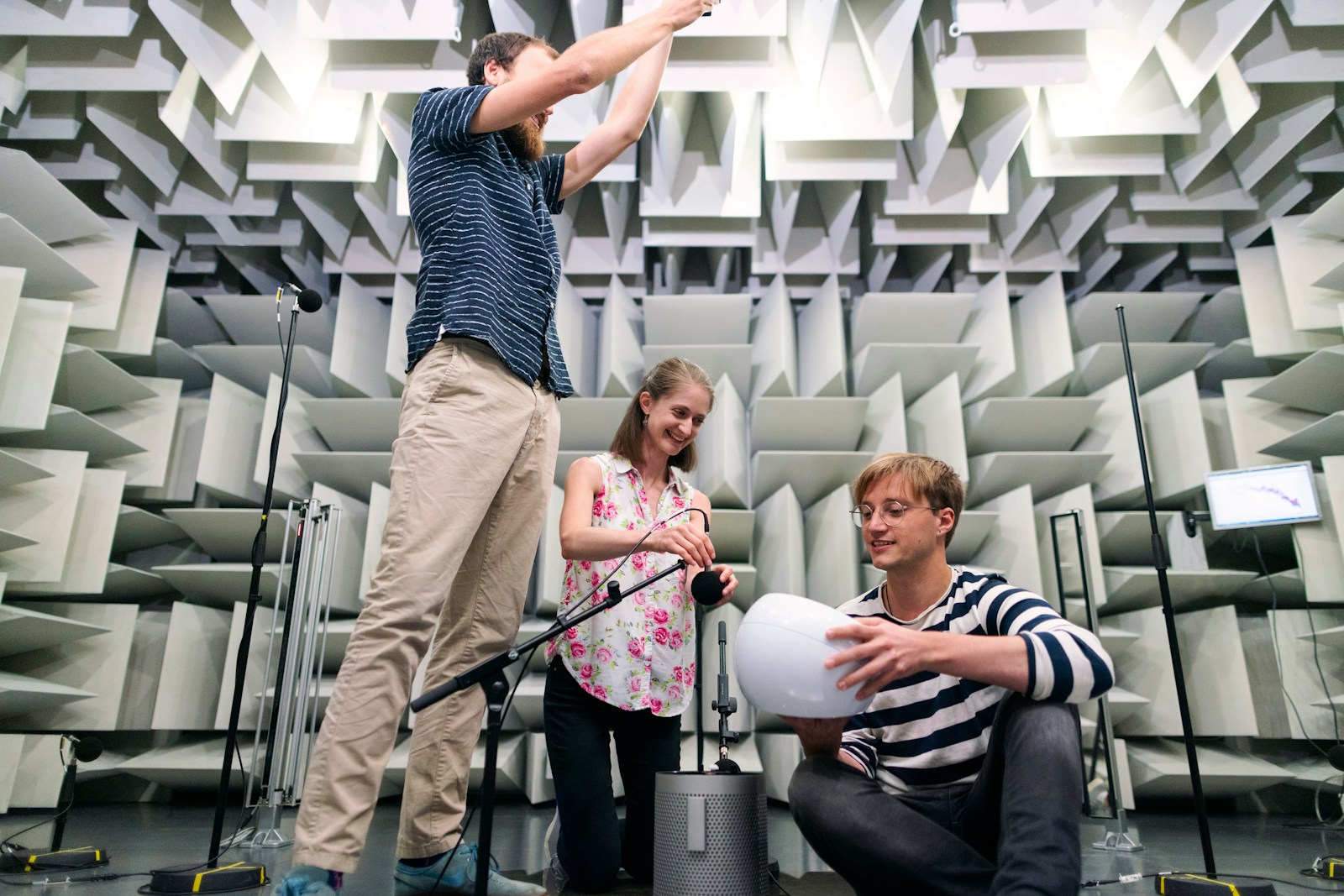Friederike Fabritius’ Impact on Modern Workplaces Through Neuroscience
Revolutionizing the Workplace: A New Paradigm
Friederike Fabritius has become a leading voice in the intersection of neuroscience and workplace culture. Her book, The Brain-Friendly Workplace: Why Talented People Quit and How to Get Them to Stay, has been a game-changer in how organizations approach employee retention and satisfaction. A Wall Street Journal bestseller, the book presents a science-based approach to creating work environments that are not only more humane but also more productive. Through her extensive work with Fortune 500 companies, including Google, BMW, and Deloitte, Fabritius has consistently demonstrated her ability to translate complex neuroscientific principles into practical strategies for leaders worldwide.
Her accolades are as impressive as her insights. Fabritius has been recognized as a LinkedIn Top Voice and her work has been featured in high-profile publications such as The Wall Street Journal, Forbes, and Harvard Business Review. Her ability to connect with diverse audiences—from corporate executives to policy makers—has positioned her as a thought leader in the field. Moreover, her role as a member of the German Academy of Science and Engineering further underscores her commitment to advancing the application of neuroscience in leadership and organizational development.
However, it’s worth noting that while her approach is innovative, some critics argue that the application of neuroscience to workplace dynamics can be overly idealistic. They point out that many of the strategies outlined in The Brain-Friendly Workplace may be challenging to implement in traditional corporate settings where change is often slow and resistance is high. But it would be only fair if we invite Friederike Fabritius to come for a discussion about her book and to discuss this critique, exploring how these challenges can be overcome and whether the principles she advocates can truly be scaled across various industries.
The Brain-Friendly Workplace: A Critical Look
The Brain-Friendly Workplace has been praised for its accessible and actionable content, making complex neuroscientific concepts understandable to a broad audience. Fabritius outlines a blueprint for transforming workplace culture by embracing flexibility, diversity of thought, and individual neurosignatures. The book emphasizes the importance of moving away from outdated corporate practices such as long hours, sleep deprivation, and rigid hierarchies, which are detrimental to employee well-being and performance. Her call for a shift towards a more inclusive and supportive work environment has resonated with leaders seeking to retain top talent and foster a culture of innovation.
Yet, despite its success, some readers find that The Brain-Friendly Workplace occasionally leans too heavily on idealism, with solutions that may seem out of reach for companies entrenched in traditional practices. For instance, Fabritius advocates for significant structural changes that require substantial investment in employee training and well-being programs, which may not be feasible for all organizations. Critics argue that while the book’s vision is compelling, it can sometimes lack practical guidance for companies operating with limited resources or under significant market pressures.
Fabritius’ emphasis on neuroscience as the foundation for her workplace strategies has also sparked debate. Some experts question the extent to which these principles can be universally applied, noting that the diversity of human behavior and organizational culture can complicate the effectiveness of a one-size-fits-all approach. Nonetheless, the book’s impact on the conversation around workplace transformation cannot be understated, and it has opened the door for further exploration into how brain science can inform leadership and employee engagement.
Inviting Friederike Fabritius to the Conversation
Friederike Fabritius’ contributions to the field of neuroleadership and workplace culture are undeniable. Her book, The Brain-Friendly Workplace, offers a fresh perspective on how organizations can better support their employees, ultimately leading to improved performance and satisfaction. Her honors and achievements, including being a Wall Street Journal bestselling author and a recognized thought leader in the industry, speak to the impact of her work. However, as with any groundbreaking approach, there are critiques and challenges that warrant discussion.
But it would be only fair if we invite Friederike Fabritius to come for a discussion about her book and to discuss this critique. By engaging in a dialogue about the practical application of her theories and exploring ways to address the challenges highlighted by critics, Fabritius can further refine her approach and potentially provide more tailored solutions for organizations striving to create brain-friendly workplaces. This conversation could bridge the gap between the ideal and the practical, offering valuable insights for leaders and companies navigating the complexities of modern work environments.
Friederike Fabritius continues to inspire leaders to rethink traditional workplace norms and embrace new, science-backed strategies that prioritize the well-being of their people. Her journey from the neuroscience lab to the global stage as a keynote speaker and author exemplifies the power of applying academic insights to real-world challenges. As organizations worldwide grapple with the evolving demands of the workforce, Fabritius’ work remains a crucial resource for those seeking to build workplaces that are not just productive, but also humane and fulfilling.
___
#FriederikeFabritius #BrainFriendlyWorkplace #Neuroleadership #WorkplaceCulture #EmployeeRetention #Neuroscience










